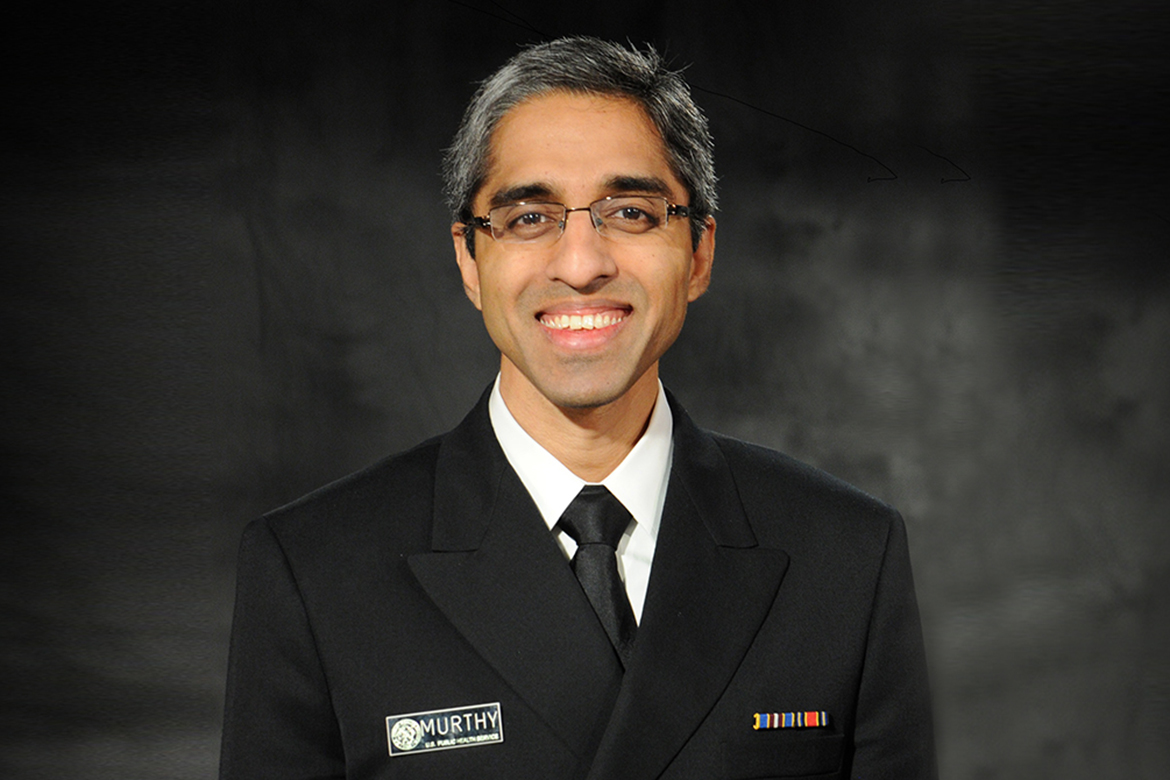After two and a half years as the U.S. surgeon general addressing matters of vital importance to the public’s health, Vivek Murthy, MD, is calling for greater attention and evidence-based action on another critical issue—physicians’ well-being.
In an interview with AMA Wire®, Dr. Murthy described “watching kind, brilliant, idealistic colleagues become cynical and burned out as they realized they couldn’t provide the care their patients needed in a broken system.”
As a keynote speaker at the 2017 American Conference on Physician Health (ACPH), Dr. Murthy will discuss the prevalence and impact of stress in America. Taking place Oct. 12–13 in San Francisco, the event is hosted by the Stanford University School of Medicine in collaboration with the AMA and the Mayo Clinic. The conference aims to bring together physicians, researchers and others from across the country to help create an organizational foundation to achieve joy in medicine.
“At a time when we need more qualified and compassionate clinicians, we must ensure the environments we create in medicine—and the tools with which we equip our doctors—promote emotional well-being,” Dr. Murthy said in the interview. “We must also create a culture where discussing and prioritizing emotional well-being are not seen as signs of weakness.”
Dr. Murthy recommends helping people understand what science already says about the power of emotional well-being while investing in further research.
“We have to bring researchers, practitioners and policymakers together to invest in scaling emotional well-being strategies and programs that have been proven to work, especially for children and young adults,” he said. “We have to create a culture where emotions are seen as a source of power—not weakness—and an essential investment for all organizations.”
Improving the well-being of physicians is essential to creating a strong and healthy world because clinicians are on the front lines of caring for others. If physicians are struggling with the burden of chronic stress, they cannot do their job well or sustainably.
“At a time when physician burnout is high and the need for capable and compassionate physicians is growing, it is more urgent than ever that we invest in improving the emotional well-being of physicians,” Dr. Murthy said.
“Medicine should be a profession where medical students and physicians thrive instead of burning out,” he added.
Wellness: fuel for practice
To improve emotional well-being, Dr. Murthy emphasized the need to recognize it is a fuel that enables people to live healthy, fulfilling lives. He added that if the focus is only on physical well-being, then a major driver of a person’s life experience will be missing.
“In the absence of emotional well-being, we are more susceptible to the harmful effects of stress,” Dr. Murthy said. “There is a growing body of evidence supporting tools that have a positive effect on emotional well-being.”
These tools include sleep, physical activity, social connection, meditation and gratitude, he added. If practices can weave these tools into their daily experience as well as the culture of workplaces and society, Dr. Murthy believes physicians and other professionals can lay the foundation for an emotionally well population.
“In my own life, I have learned tough lessons about the importance of cultivating emotional well-being by witnessing the toll chronic stress has taken on my mental and physical state over the years,” Dr. Murthy said. “I have seen the people I work with pay a heavy price due to stress as well.”
“Physicians can help improve emotional well-being in America by leading by example,” he added.
Dr. Murthy, an internist, served as a Vice Admiral in the Public Health Service Commission Corps until 2017 and was appointed as the 19th U.S. surgeon general in 2014. He is now focusing on chronic stress and isolation as prevalent problems that have implications for public health, productivity and happiness.
- The simple way to boost health you may have overlooked
- As physician well-being falls, rewards of medicine fade
- On the road to burnout? How to set a different course




